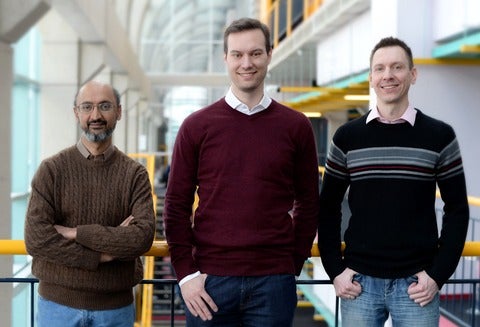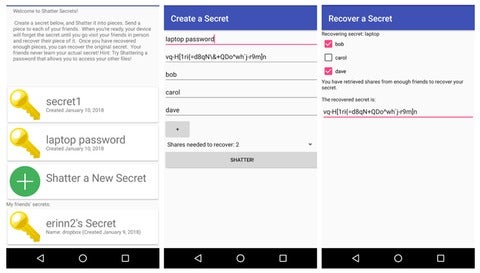Professor Ian Goldberg named tier 1 Canada Research Chair in Privacy Enhancing Technologies
Cheriton School of Computer Science Professor Ian Goldberg has been named a tier 1 Canada Research Chair in Privacy Enhancing Technologies. He is one of 14 University of Waterloo researchers and the only member from the Faculty of Mathematics to receive this prestigious national research chair in this year’s award cycle.






